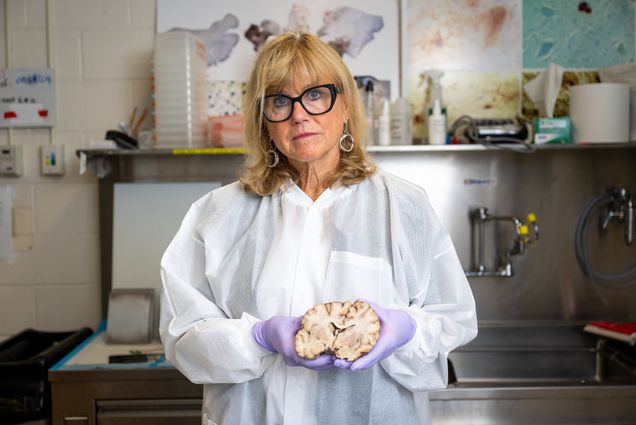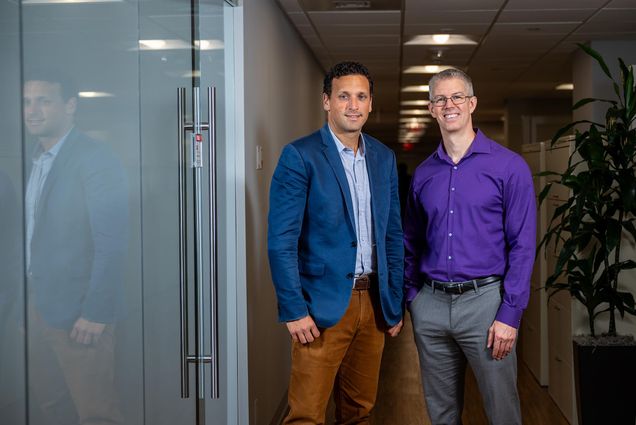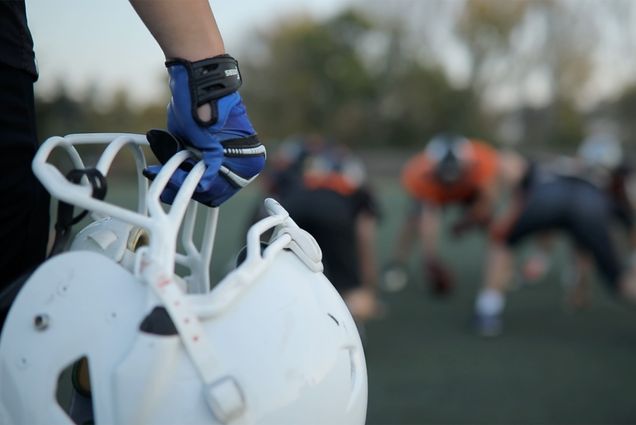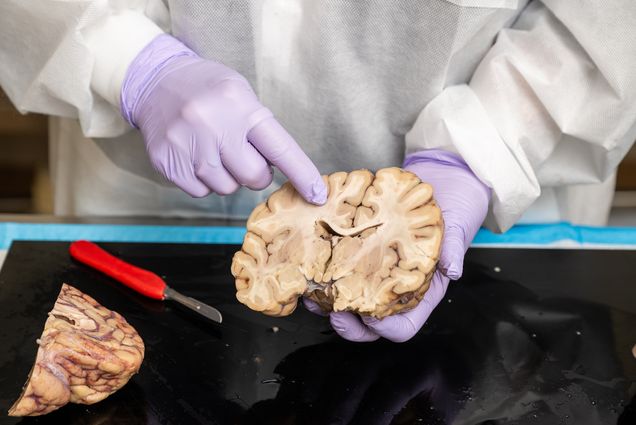CTE: How BU Is Changing the Game
CTE: How BU Is Changing the Game
From families donating their loved ones’ brains for study, to scientists racing to achieve diagnosis during life, to researchers trying to make America’s most popular sport safer, Boston University’s CTE Center is a hub for world-leading, cutting-edge research into the devastating neurodegenerative disease
It’s the largest repository of its kind in the world: more than 1,500 brains frozen in time, each one ready to tell the story of a life lived—and lost. For over 15 years, Boston University researchers have been studying brains donated by families desperate for answers about their late loved ones’ fractured lives—about whether the deterioration in their cognitive health might have been the fault of a progressive brain disease called chronic traumatic encephalopathy, or CTE.
The BU CTE Center is a world leader in the diagnosis and study of the disease. Researchers at the center have been pivotal in proving that CTE is caused not by isolated concussions, but by repetitive head impacts, whether from contact sports like football, military blasts, or intimate partner violence. BU researchers have also diagnosed former athletes, including NFL Hall of Famers John Mackey, Ollie Matson, and Ken Stabler—and, more notoriously, New England Patriots tight end and convicted murderer Aaron Hernandez—and shown how the disease damages the brain and shapes behavior.
It’s work that couldn’t have happened without the families of former athletes and armed forces veterans who donated their deceased loved ones’ brains to the center—in search of closure for their own loss, but also to advance our wider understanding of this often debilitating disease.
For now, CTE can only be diagnosed after death. But BU researchers are pursuing a game-changing breakthrough: finding a way to diagnose—and ultimately prevent and treat—CTE in life.




